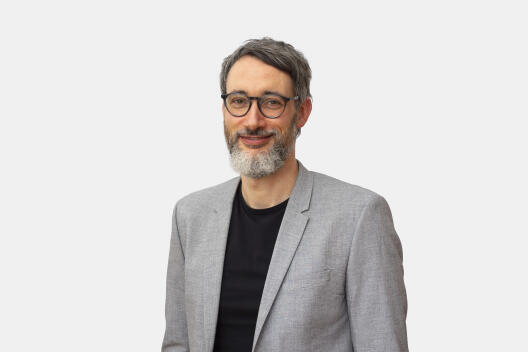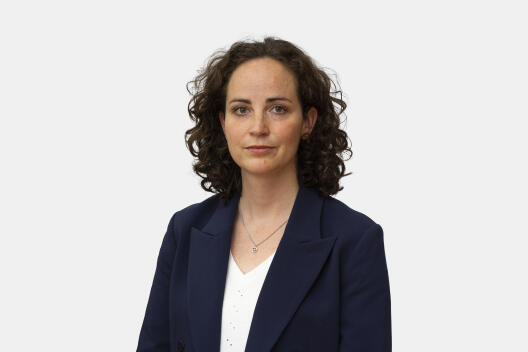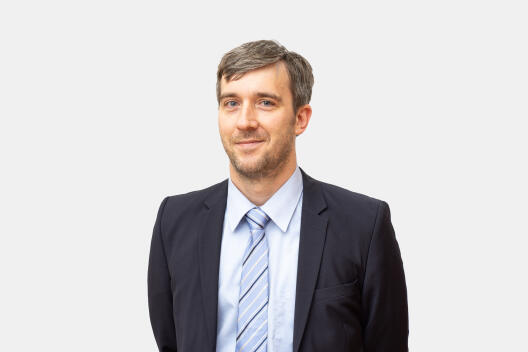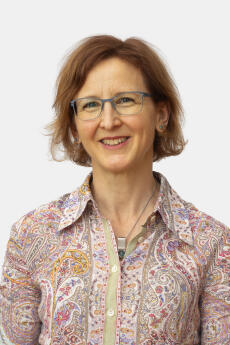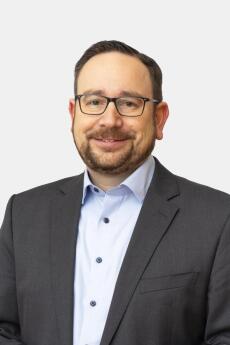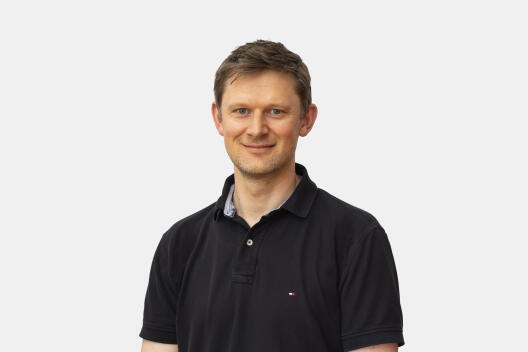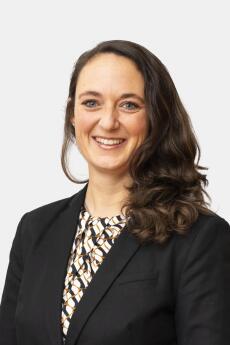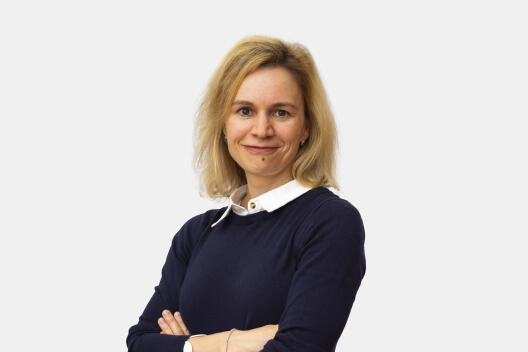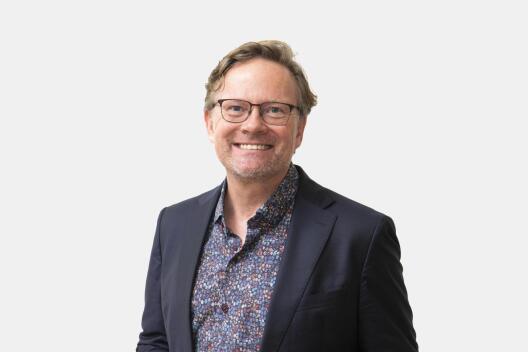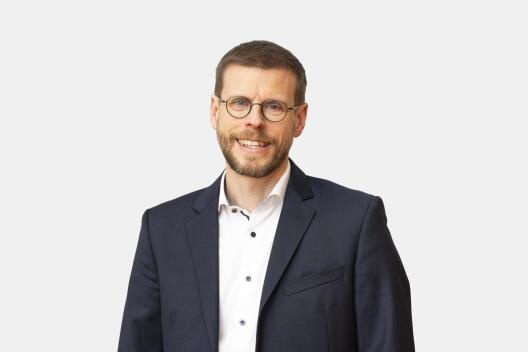
Prof. Dr. Sebastian Bernhardt
(Faculty of Philology)
Sebastian Bernhardt has been Professor of Literature and Media Didactics at the Department of German Studies since September 2023. He completed his studies in German, Philosophy and French at Kiel University in 2012 with a doctorate in literary studies. He initially worked at the Center for Cultural Studies Research Lübeck and as a project manager for the redesign of the permanent exhibition at Buddenbrook House and the Heinrich and Thomas Mann Center of the Hanseatic City of Lübeck. From 2015, he worked in the Department of Didactics of German Language and Literature at the Technical University of Braunschweig, where he completed his habilitation in 2022 with a thesis on "Literary-aesthetic learning in the exhibition space". Most recently, he has held the professorship for German literature and its didactics at the University of Education in Schwäbisch Gmünd since 2020.
In his research, Sebastian Bernhardt is particularly interested in the question of transmedial narratology and its didactics. He pursues narrative as an artistic form of expression through different media. He is particularly interested in the area of extracurricular learning in literature and media lessons and develops ways of incorporating exhibitions as part of German lessons. He also focuses on diversity-oriented, power-reflexive and racism-critical literature and media lessons.

